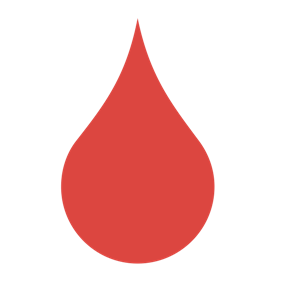
Jonah, 8, and John Paul “JP” Morris, 5, are both energetic boys who love playing basketball. Jonah, a second grader at Graham Creek Elementary School, was diagnosed with acute lymphoblastic leukemia, known as ALL, in June 2016. JP, who attends pre-school at St. Mary’s School, was diagnosed with the same disease in February of this year.
Throughout their treatments, Jonah and JP have received blood transfusions on a regular basis and may need more as treatment continues. Their families invite the community to donate blood in their honor.
“Jonah has received many blood products since starting treatment,” said Courtney Kreutzjans, Jonah’s mother. “He always has a smile, even when he doesn’t feel well. We would love for the entire community to participate.”
“JP received a blood transfusion in the first week that he was diagnosed,” said Brad Morris, JP’s father. “We are thankful for those who donate.”
This is the first drive in honor of JP, and the third drive in honor of Jonah. The first two blood drives held in honor of Jonah resulted in 125 blood donations.
“When someone we know is diagnosed with cancer, we often wish there was something we could do to help,” said Donna Watkins, recruitment account manager for the Red Cross. “By giving blood, we can actively help patients who are in need of transfusions to make their treatment possible. Giving blood today can help ensure patients like Jonah and JP get the treatment they need.”
The Red Cross depends on blood donor heroes across the nation to collect enough blood to meet the needs of patients at approximately 2,500 hospitals nationwide. In Indiana alone, the Red Cross needs about 450 donors each day to support patients at 80 hospitals across the state. Donors of all blood types, especially type O, are needed to help those rely on blood products.



